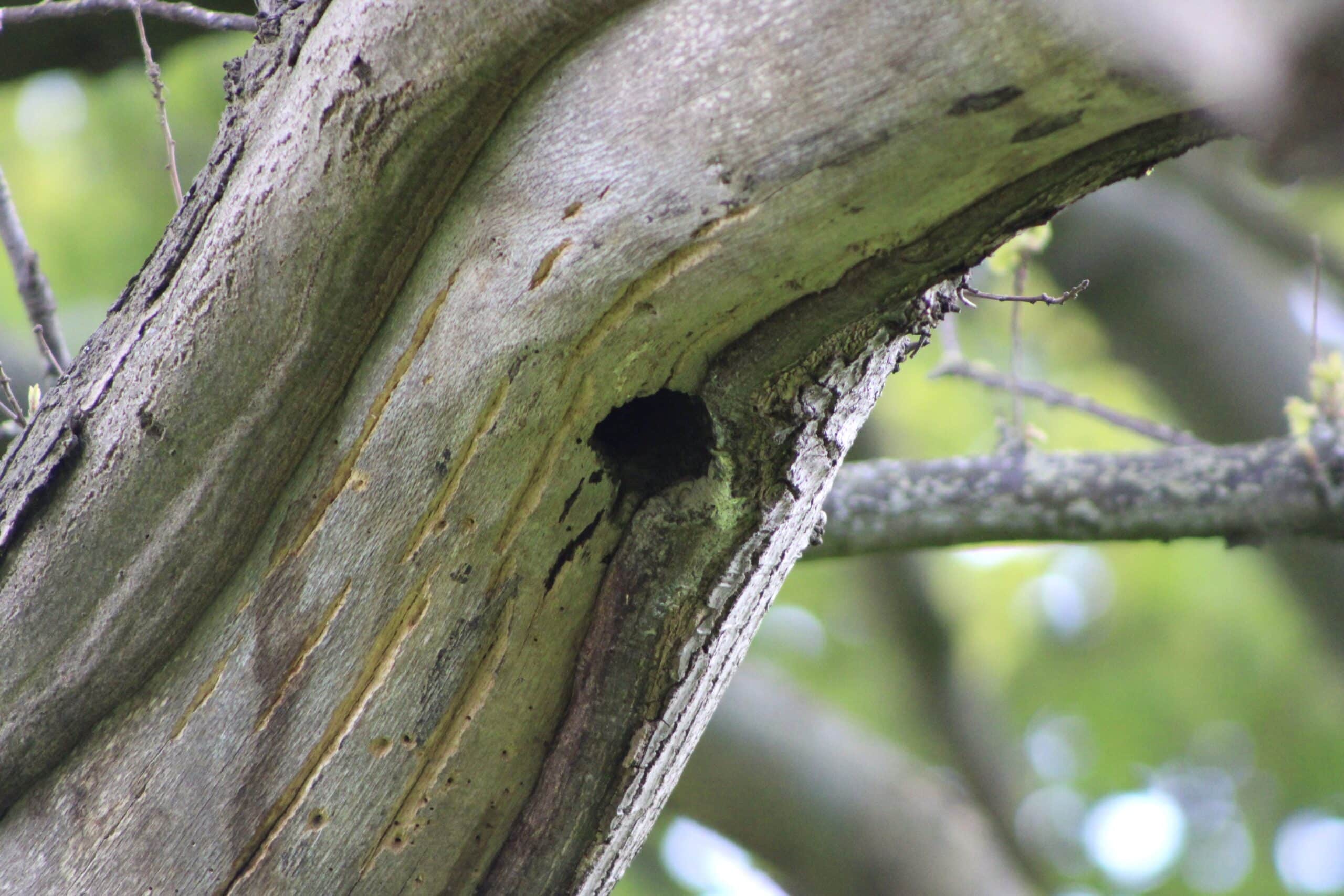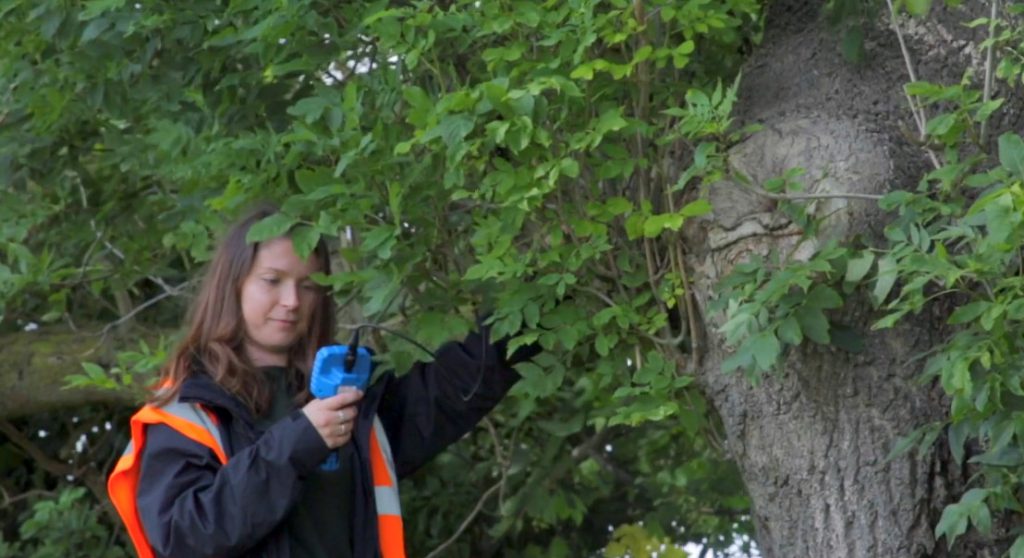Gloucestershire’s Incredible Biodiversity
Home of the Cotswolds, Cheltenham racecourse and the Severn Valley, the picturesque county of Gloucestershire is located in the South West of England, bordering the Welsh county of Monmouthshire. Gloucestershire county possesses a number of parks and nature attractions, including Symonds Yat Rock, Lower Woods Nature Reserve and the Royal Forest of Dean.
The Royal Forest of Dean is one of England’s few remaining ancient forests, boasting 27,000 acres of woodland. It was designated as a National Forest Park in 1938, known as the ‘Queen of Forests’, it oozes an outstanding range of natural beauty and has given inspiration for many writers including JK Rowling and Tolkien.
With so much open space, trees and vegetation, the forest is bustling with wildlife, from fallow deer, badgers, wild boar, a variety of birds and species of bats. Situated all over the country, bats are a protected species that frequently occupy rural areas like Gloucestershire. Due to the increased likelihood of bats present, a bat survey will be needed on any local development proposal.

Rarest Species of Bat Local to the Area
Residing in the forest and surrounding areas are a number of bat species. The lesser horseshoe bat, for example, forages for insects in the woodlands and prefer to roost in underground sites and buildings. The woodland is thought to be a refuge for this species due to its unique environment and biodiversity.
The greater horseshoe bat has just known two maternity colonies in Gloucestershire. One of these colonies is the famous Woodchester Mansion colony, which has been extensively studied by Dr Roger Ransome in the longest continuous study of any wild mammal population by a single person in the world.
A species that is extremely rare in the Gloucester area, the Bechstein’s bat roosts in the holes in mature woodland during the summer season. The chosen roosting location would explain observations of them in the Forest of Dean and amongst the Cotswold Scarp, as the Bechstein’s bat has not been found anywhere else across the county.
At the opposite end of the spectrum, the serotine bat is a species with dispersed populations identified across the county of Gloucestershire. Based on the level of distribution, it is likely that the Cotswold Waterpark and Valleys are both valued as important areas for foraging habitat in the eyes of native serotines.
Conversation Organisations for Fighting Habitat Loss
Two bodies that work closely together with the intention of protecting local bats are the Gloucestershire Bat Group (GBG) and the Gloucestershire Centre for Environmental Records (GCER). The objectives and campaigns of the GBG are to educate and conserve the biodiversity and green spaces we have, carrying out active conservation and an array of insightful endeavours to inform the public about the various bat species found across the county.
As well as the GCER, the Gloucestershire Bat Group also works closely with a variety of other conservation organisations such as the Bat Conservation Trust (BCT), Natural England / Natural Resources Wales, the Cotswold Water Park (CWP) Trust and the Gloucestershire Wildlife Trust (GWT). In addition, many members of the GBG are also involved in the activities of the National Bat Monitoring Programme (NBMP).
Requirements for Bat Surveys in the Planning Process
Over the last century, the number of bats in the UK have declined, prompting various statutes and acts of parliament that are all designed to protect bats from disturbance and harm. If any European protected species are present on a development site, the corresponding ecological surveys – such as bat surveys for bats – will need to be undertaken before works can continue or a planning application will realistically be considered.
In the case of roosting bats, the developer would need expert advice from bat survey specialists, who can address the likely impact of the planning project on the bat occupancy and produce a mitigation design to ensure safety to bats while allowing the development to continue. Within general circumstances, the process of conducting bat surveys involves two primary assessments: a Preliminary Roost Assessment (PRA) and a Bat Emergence and Re-Entry Survey (BERS).
Further Surveys on Bats
Either from the direction of the local council, based on the developer’s observations or as the result of a prior Preliminary Ecological Appraisal (PEA), a bat survey will be required to address potential bats on the development site. Stage one of bat surveys appear in the form of a Preliminary Roost Assessment (PRA) or – as it is also sometimes known – a scoping bat survey. After collecting key information during a desk study, the PRA will lead an ecologist to inspecting the site for signs of roosting bats.
Bat droppings, carcasses, roosts or the remains of prey could be indications of bats on the development site or property, as well as structural features that are typically suited for roosting bats to inhabit. If no such evidence is found, the bat survey report will reflect that and a recommendation for planning permission can be made to the local planning authority. Alternatively, if evidence of bats is found, the ecological consultant will determine if the development will disturb them or their roosts, produce mitigation measures and – if further information is needed – insist on the need for a BERS.
Otherwise titled bat activity surveys, dusk and dawn re-entry surveys or simply bat emergence surveys, a Bat Emergence and Re-Entry Survey (BERS) consists of ecologists visiting the site multiple times at dusk and dawn between May and September to monitor present bats, paying particular attention to entry and exit points, population numbers and types of bats. Once all of the data has been collected, the ecological consultant in charge of the bat survey can decide on effective measures that will allow the project to move forwards, record it all in the accompanying bat report, and submit it to the local planning authority to support planning applications.
Discuss Your Options with Us
If you want to find out more about our prices and timescales for bat surveys in Gloucestershire, just contact us on the number above, complete our contact form, or see our other contact options. At this point, we would advise giving us as much further information about your development site and project, as it will enable us to create a bat survey quote that is accurate and reflective of your specifications.
Regardless of whether you are working on property developments, land developments or loft conversions, for example, we are equipped to confirm or deny roosting bats on your site or property before issuing instructions to alter your development proposal accordingly. Advice from our bat surveys will then enable you to prevent habitat loss, protect Gloucestershire bat populations, allow the planning process to continue, and secure a planning application.
After receiving your details for the ecological surveys you need, we can work together to decide on a suitable date to attend your development site in the Gloucestershire area to undertake the necessary bat surveys. From there, our team of ecologists can assist you with guidance and next steps that will act as pivotal factors in the process of obtaining planning permission from the local planning authority.


